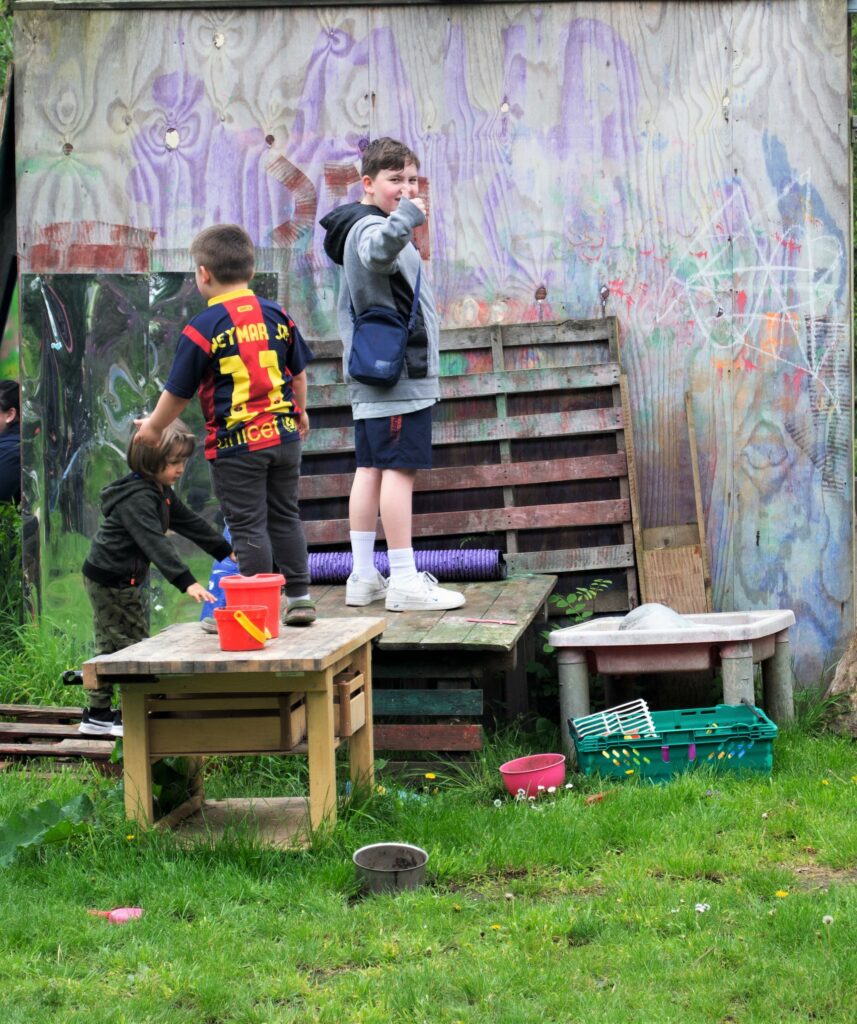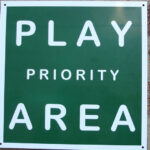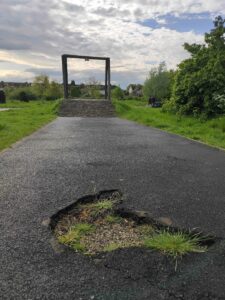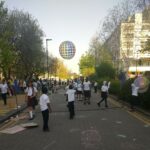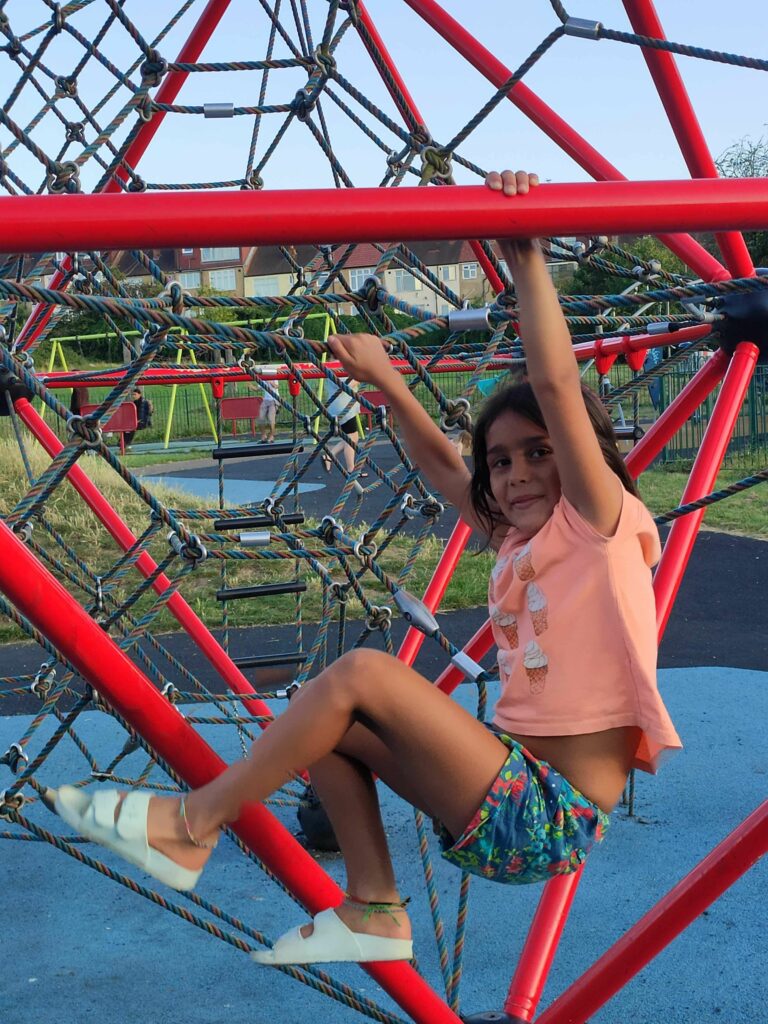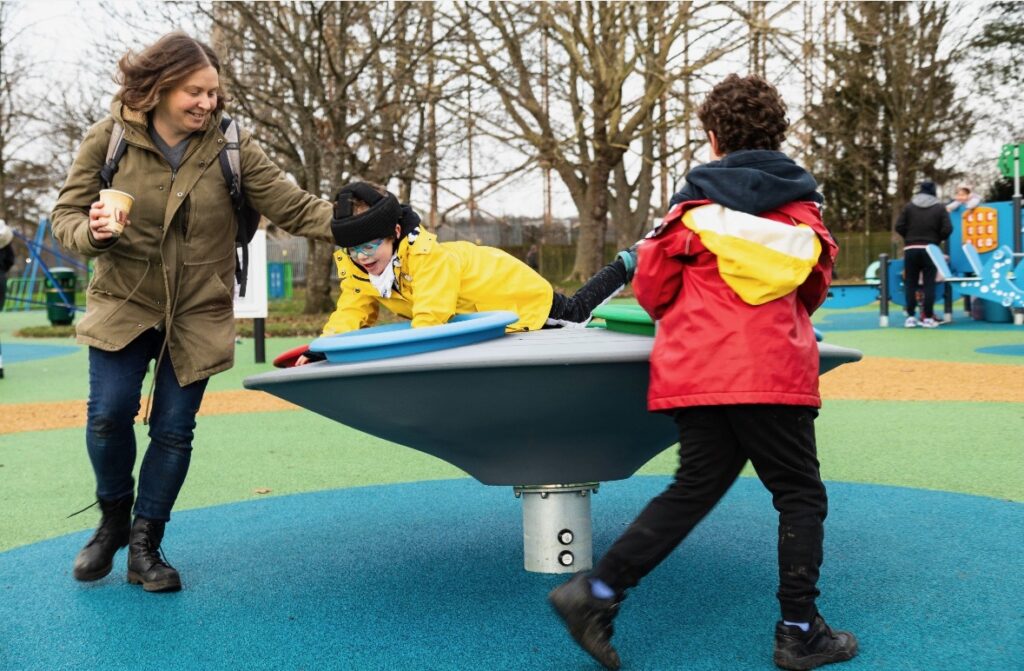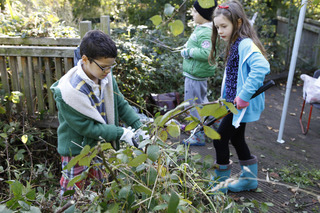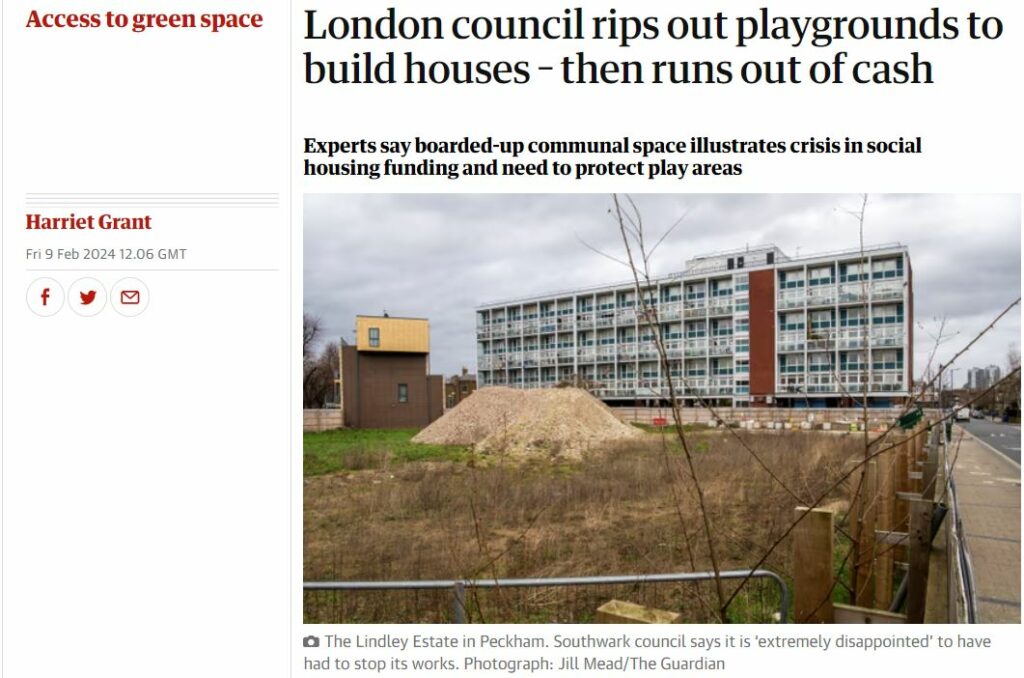The Mayor of London, Sadiq Khan, has invested £1.4m from London’s Violence Reduction Unit in a partnership with UNICEF UK that will provide child rights resources and training to support inclusive practice, learner voice and engagement for all state-funded school and education settings in London for the next four years.

London’s Inclusion Charter is a partnership between young people, schools and local authorities to help tackle rising suspensions and absenteeism that has led to thousands of children losing out on learning – and becoming at greater risk of exposure to violence.
Figures show that the equivalent of 1,430 children each day lost learning in London in 2021/22 due to suspension or persistent absenteeism – up 71 per cent on pre-pandemic levels in 2018/19. Since 2018/19, suspensions in London have increased by 14 per cent, while persistent absenteeism has grown 106 per cent. There is a correlation between children with a history of suspension or exclusion from school and violence.
The first city-wide charter of its type, it has been developed by the Mayor of London’s Violence Reduction Unit (VRU) in partnership with young people, schools, parents and carers and education specialists. It will entitle all educations settings in London free access to UNICEF UK’s Rights Respecting Schools Award programme for the next four years. Participating schools will gain recognition for putting the United Nations Convention on the Rights of the Child into practice within the school and beyond.
There are already 18 boroughs signed up to the principles of the Charter, including Barking & Dagenham, Brent, Camden, Croydon, Ealing, Enfield, Greenwich, Hackney, Hammersmith & Fulham, Haringey, Hounslow, Islington, Lambeth, Newham, Southwark, Waltham Forest, Wandsworth and Westminster. The Mayor is today calling for all schools and local authorities to sign up to the principles of the Charter and take up the free offer of support.
Research commissioned by the VRU, and published by the University of Bath captured the views of nearly 4,000 school children, parents and educators. It found that two-thirds of primary school children and more than half of secondary-aged young people felt that having school rules that were fair would help them feel safe, while 67 per cent of primary students felt not being listened to impact their sense of belonging. Being safe and belonging are both crucial factors in attendance in education.
The Mayor of London, Sadiq Khan, said: “I firmly believe in the importance of education and being in school to keep young people safe and to help them develop and grow.
“We are seeing suspensions and absenteeism rise both in London and the rest of the country. The equivalent of more than 1,400 children are losing out on education each day in London alone. That can’t be right. We also know there is a correlation between school exclusions and violence.
“It’s why we are launching London’s Inclusion Charter – the first of its type city-wide. My Violence Reduction Unit has led the way, working in partnership with young people, local authorities and schools to develop a Charter that prioritises education in our city that is fully inclusive, fair and available to all.
“Of course, this approach requires investment and that’s why we’re investing £1.4m in a partnership with UNICEF UK to provide further training and resources to support our hardworking teachers to embed inclusion which we know keeps young people in school, safe and able to thrive.”
More is here.
